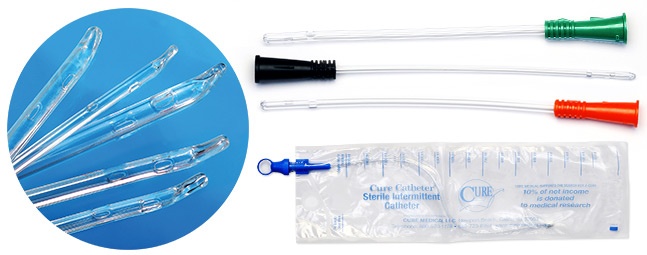How to prevent a UTI when using a catheter
Five simple tips to reduce the chances of infection
This post was reviewed by our Director of Clinical Excellence and Oversight.
If you’ve ever had a urinary tract infection (UTI) you know how irritating they can be. Abdominal pain, fever, a burning sensation while urinating, and bloody urine are among the symptoms of a UTI. If left untreated these infections can cause even worse issues such as a kidney or bloodstream infection.
The primary cause of a UTI is bacteria getting into the urinary tract. Unfortunately, UTIs are common among catheter users because of the presence of a foreign object in the body. However, catheter users can reduce their chances of getting a urinary tract infection by following a few simple tips. Keep reading to find out how.
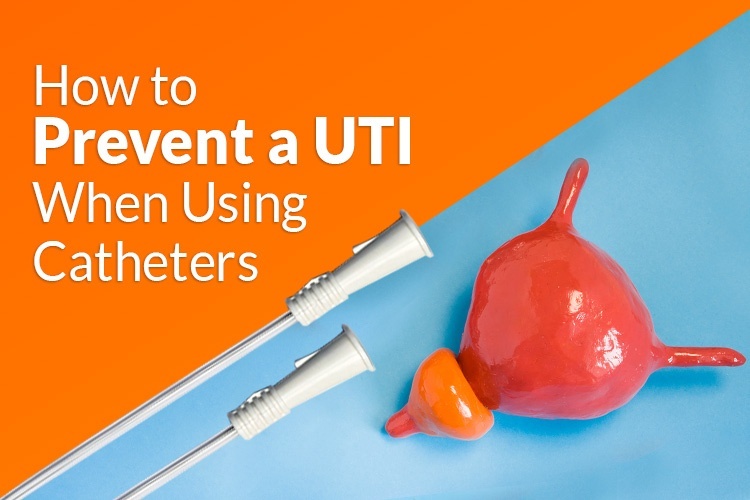

Maintain Good Hygiene
- Before you or a caregiver handles any part of the catheter, thoroughly wash your hands to reduce the chance that bacteria will be present.
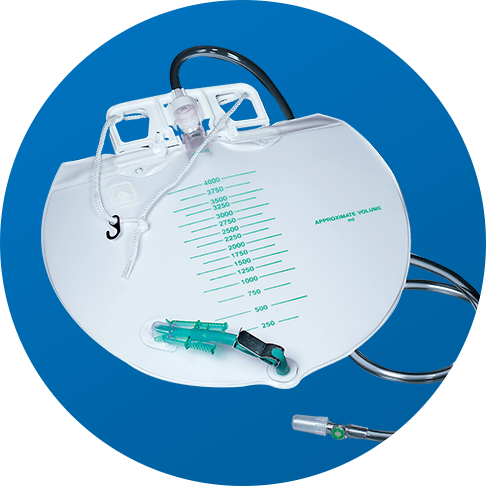
Placement of Tubing & Drainage Bags
- If you use a drainage bag, keep it below your bladder to prevent backflow.
- Keep your drainage bag secured to prevent tugging on the catheter.
- Be sure the tubbing doesn’t become kinked or twisted, as this could cause accidental backflow.

Maintain Healthy Skin
- Clean the skin around the area before you insert the catheter to reduce the bacteria living on it.
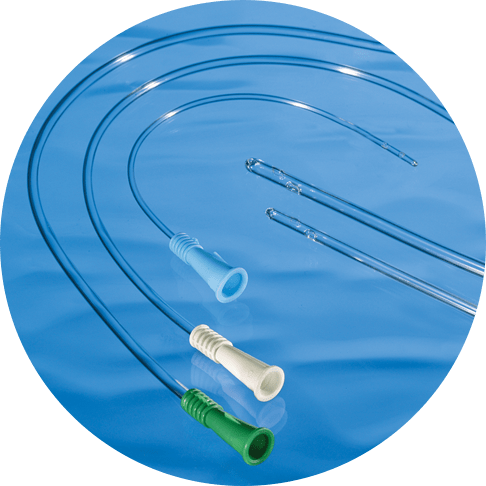
Keep Good Cathing Habits
- Empty your drainage bag regularly.
- Do not reuse catheters which are meant for single use.
- Catheterize as often as your doctor recommends.
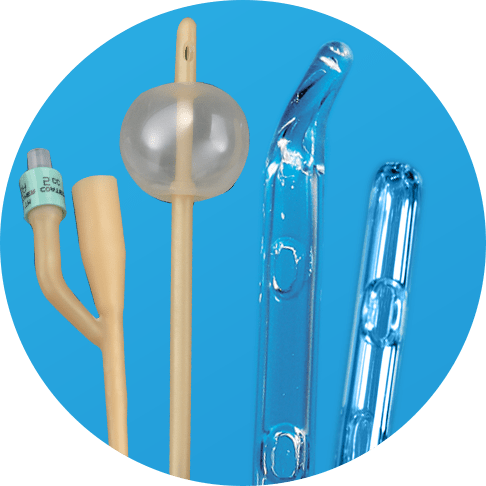
Use The Right Type of Catheter
- Talk to your doctor about your options and learn more about the different types of catheters. If you experience frequent UTIs, your doctor may recommend a different treatment plan.
If you notice symptoms of a UTI, contact your doctor immediately. Early treatment can help reduce the severity of the infection. At Home Care Delivered, we can deliver catheters right to your door, and help you choose the product that’s right for you. Plus, we have a team of product experts and registered nurses that are here to answer any questions you may have. Contact us today to find out how we can help you live with dignity.
Get Urology Supplies Delivered to Your Door
Accurate Orders | Fast Delivery | Product Expertise
